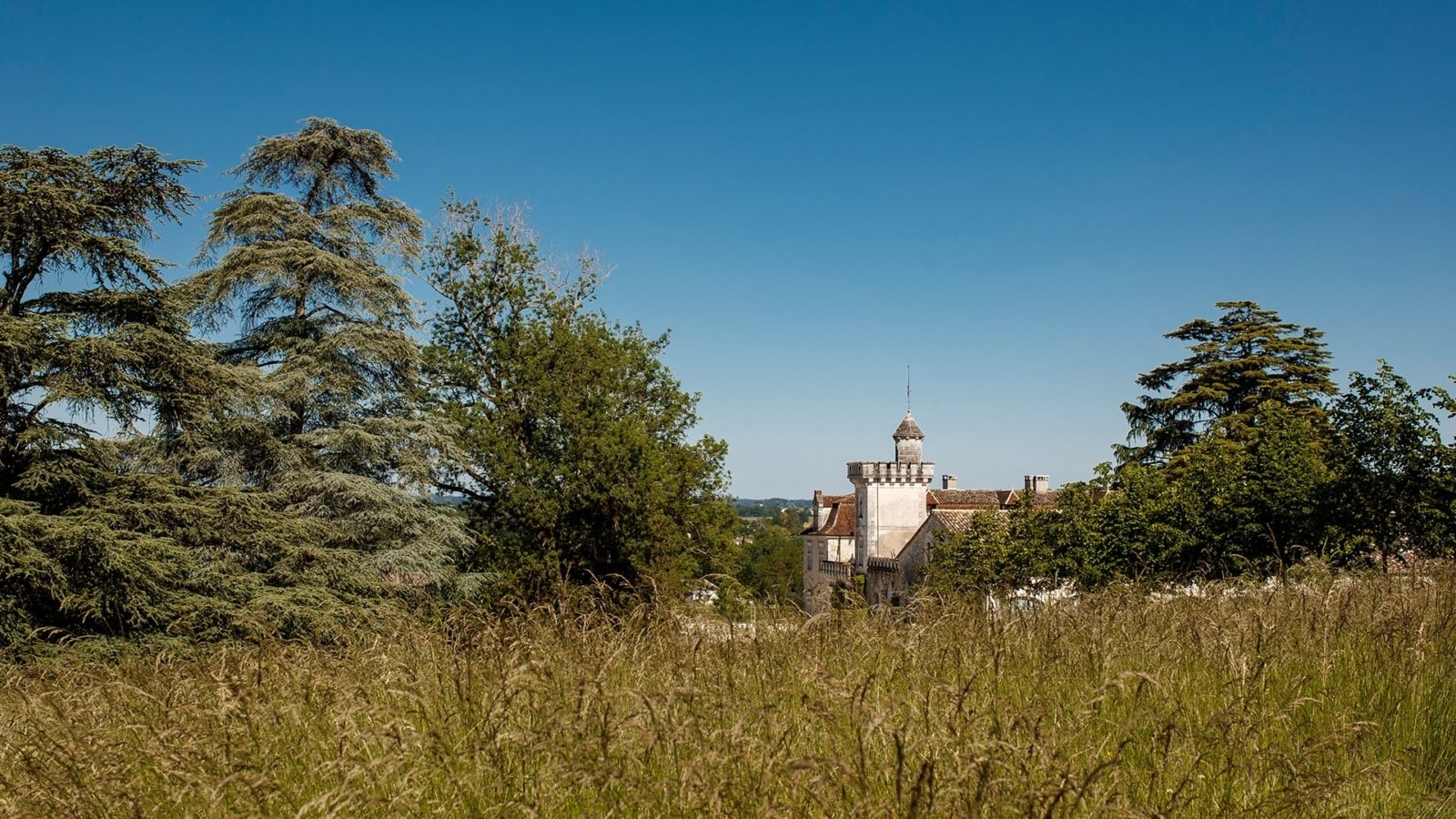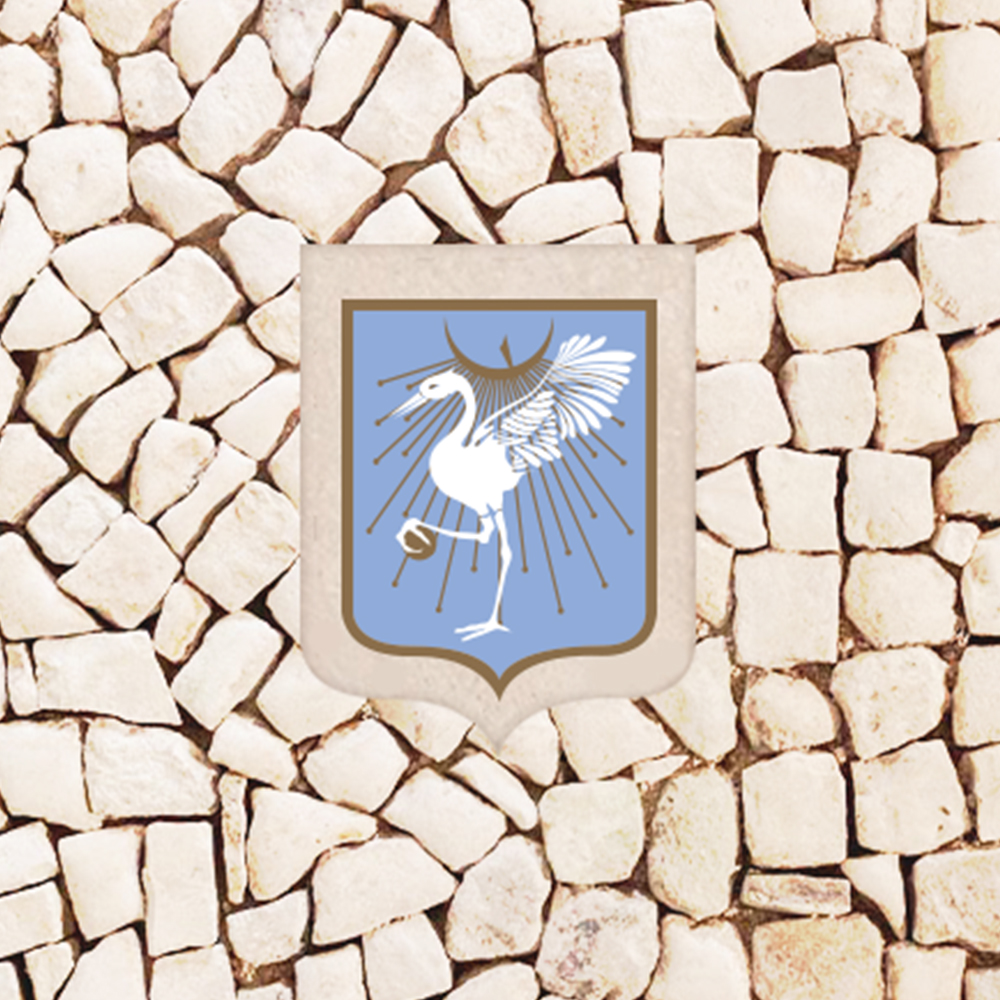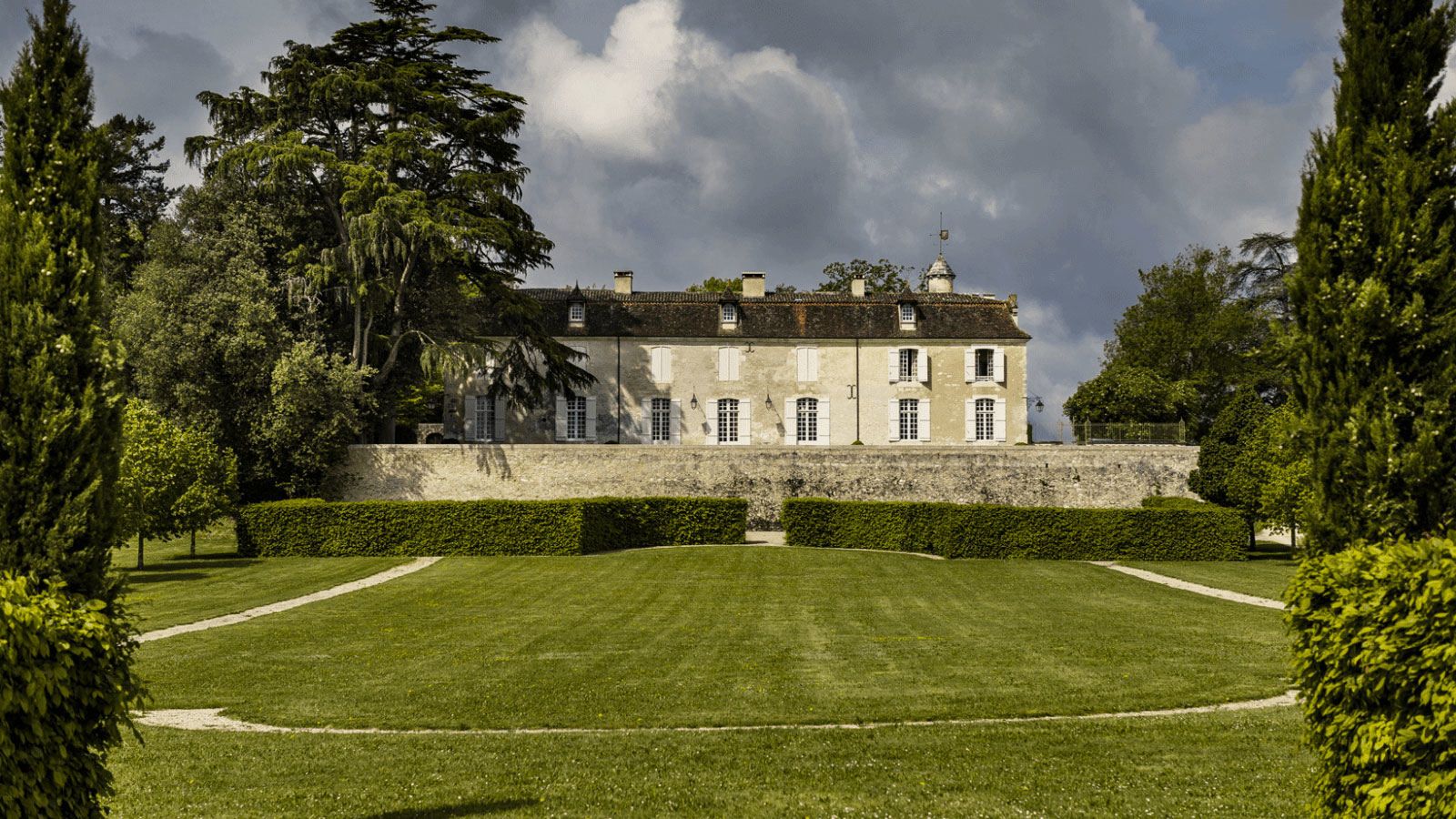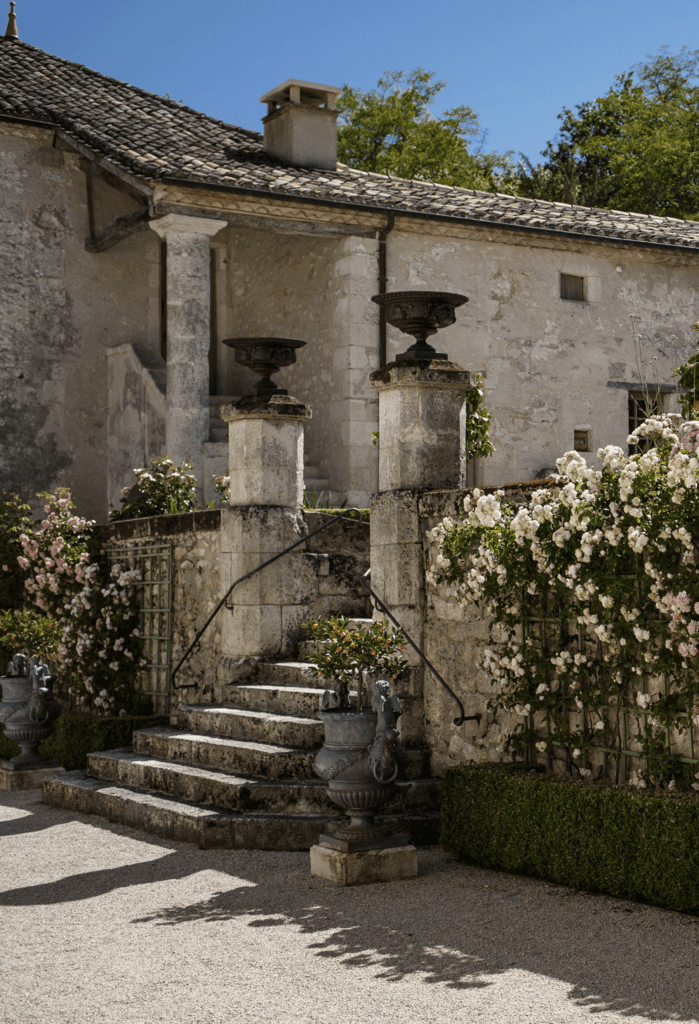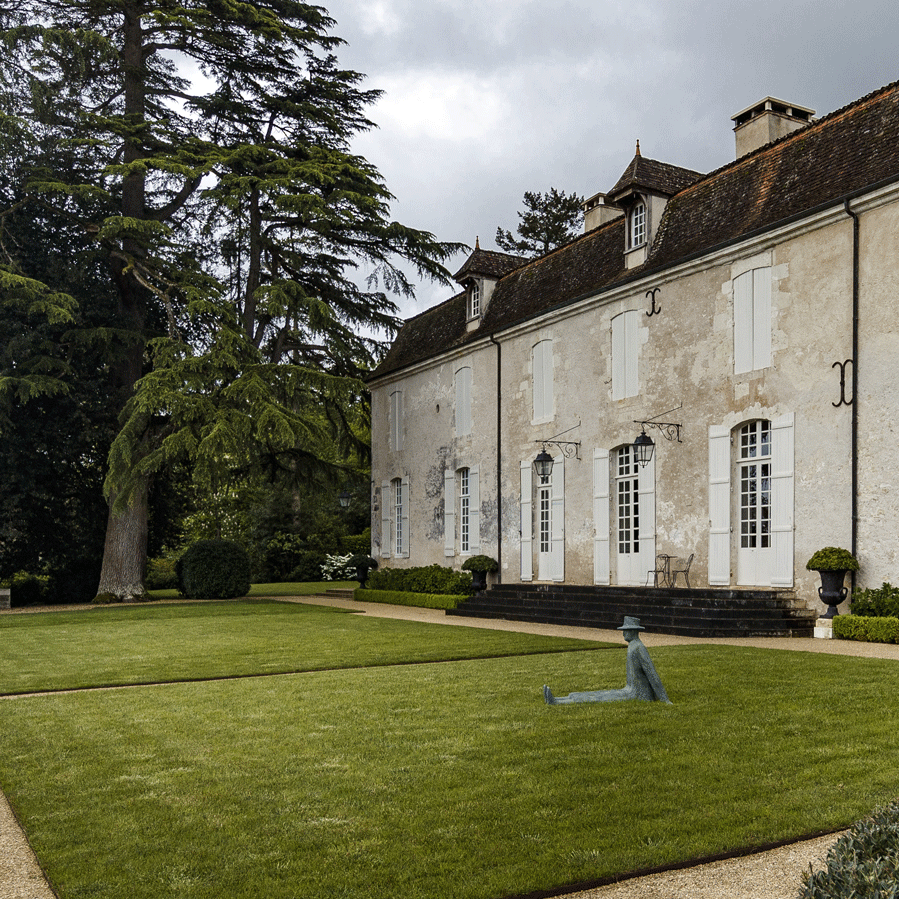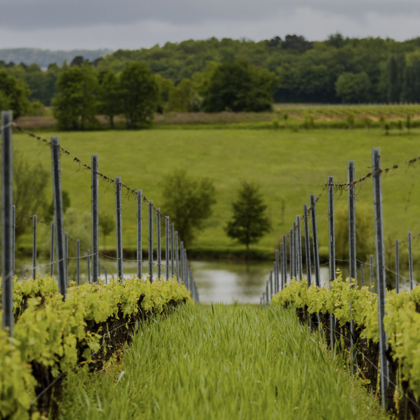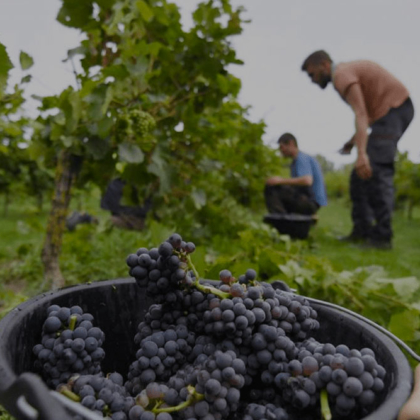The Domain

To visit the Château Monestier La Tour website, you must be of legal age to consume alcohol in your country of residence. You declare that you have read and unreservedly accept the wesite’s terms of use.
“ What is done
with time,
time will respect. ”




